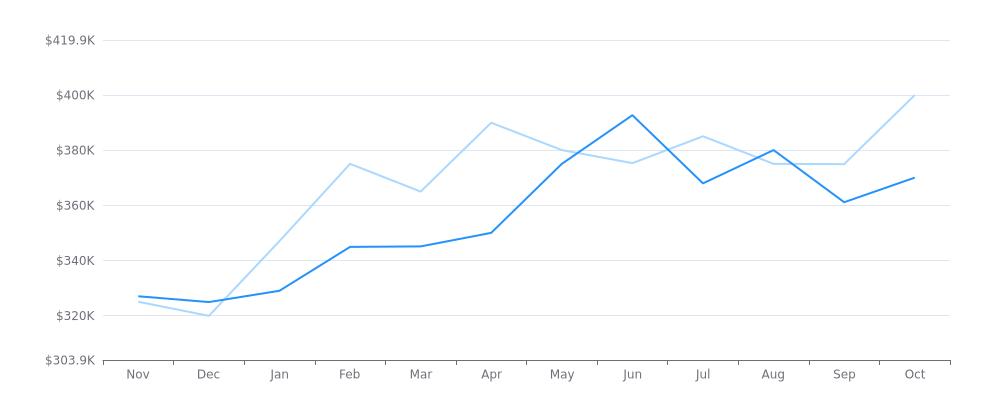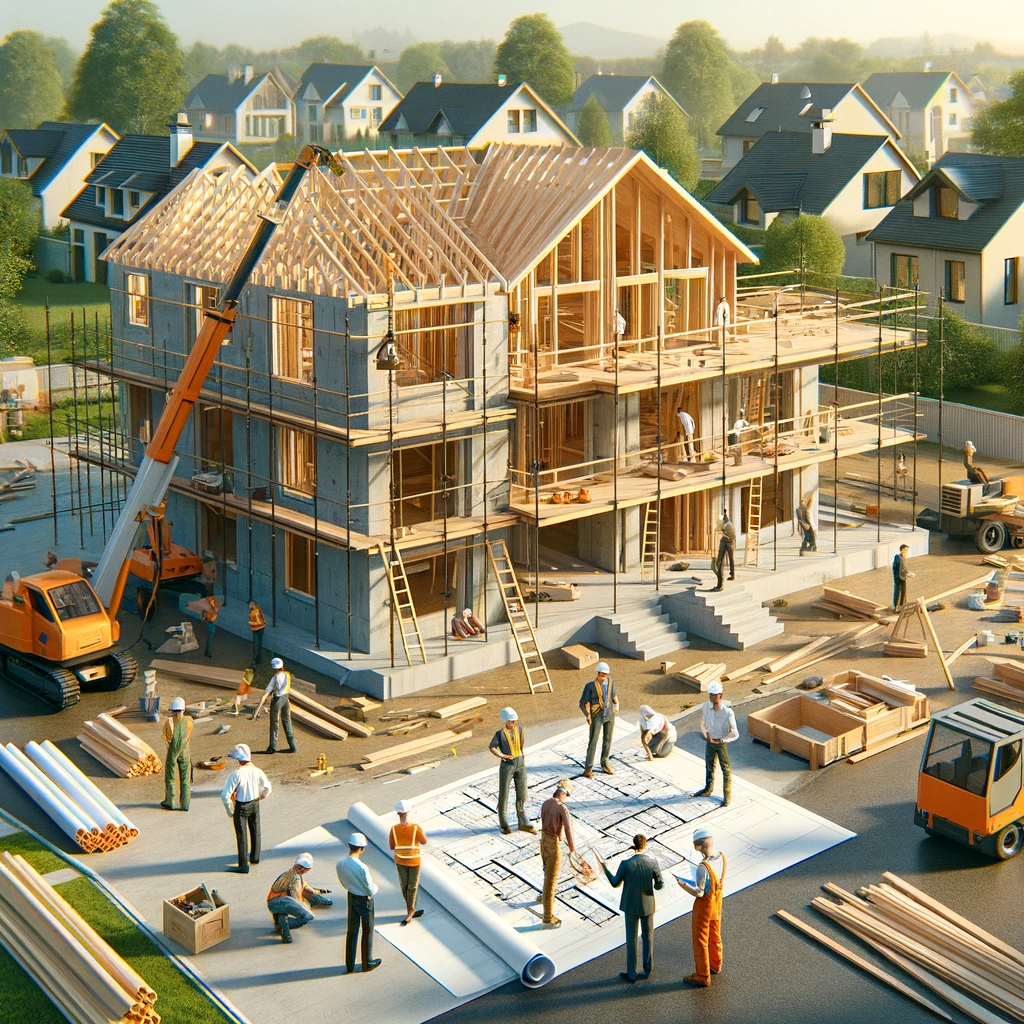What is the Best Day to Buy a Home?

As a potential homebuyer, you may wonder if there is a specific day that is best to make your purchase. While there is no guaranteed answer, there are a few factors to consider when deciding when to buy your new home. Knowing the Market First, it's important to understand that the real estate market
Read MoreCommission Percentage and What is Fair

When it comes to buying or selling a home, one of the biggest questions that arises is what amount of commission percentage is fair to pay a realtor. This is a valid concern as it directly impacts the amount of money involved in the transaction. In this blog, we will explore the commission percentag
Read MoreWhen is the Right Time to Buy?
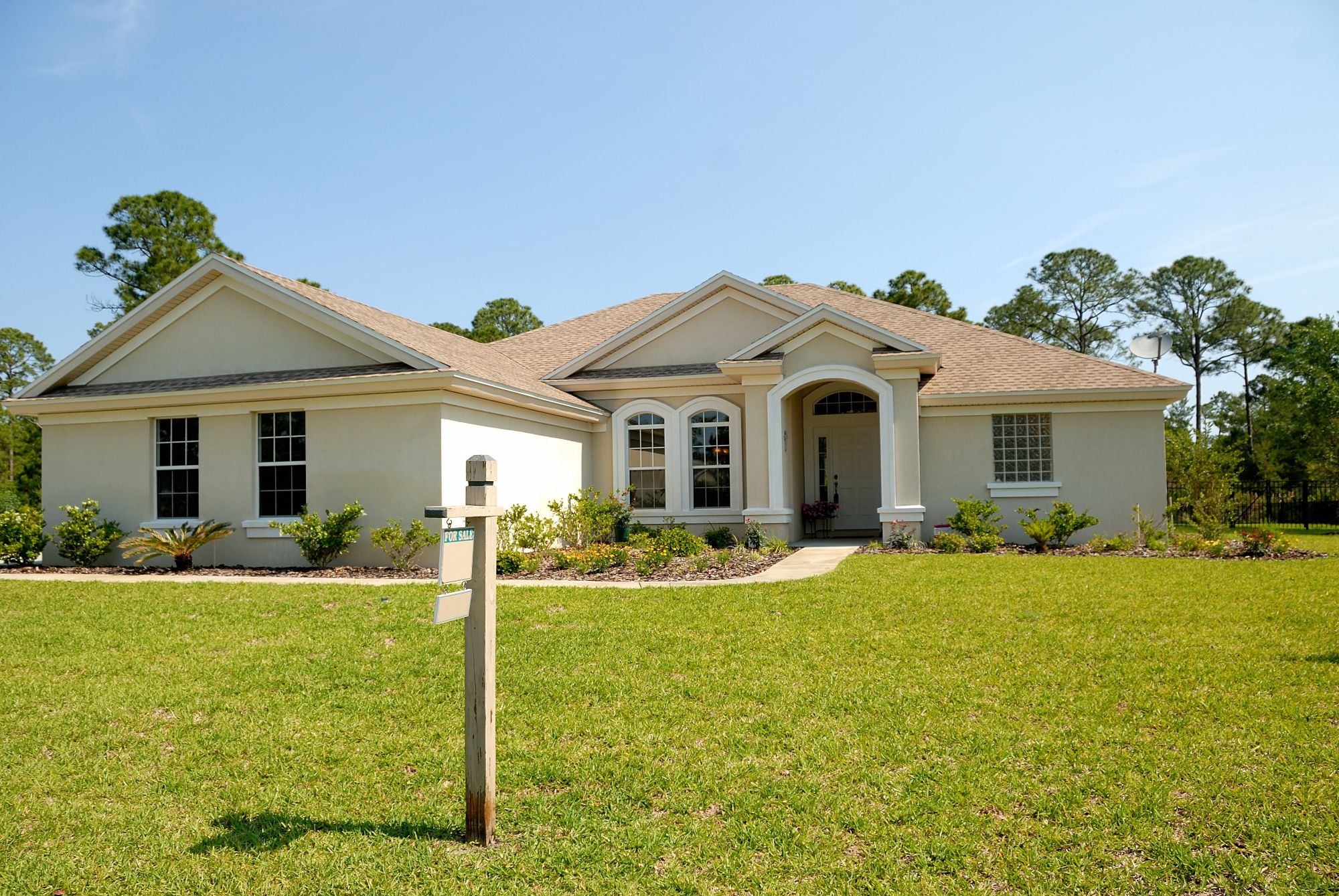
Are you considering buying a house but unsure whether it's the right time to do so? It's a common question that many prospective homebuyers have. After all, purchasing a home is a significant investment, and you want to make sure you're doing it at the right time. In this blog, we'll discuss when th
Read MoreAn Insider's Guide to Moving to Knoxville, TN

Are you considering moving to Knoxville, TN? With its beautiful scenery, friendly people, and low cost of living, it's no wonder that Knoxville is becoming an increasingly popular destination for those who want to enjoy the Southern charm and hospitality. However, moving to a new city can be a daunt
Read MoreFinding Your Perfect Home: Working with a Realtor in Knoxville

Finding the perfect place to call home in Knoxville, Tennessee can be tough, but it doesn't have to be. Working with a knowledgeable and reliable realtor like Shawn Wilmoth can make all the difference in finding your dream home. In this article, we will explore what it means to work with a real esta
Read MoreHow to Find a Good Real Estate Agent in Knoxville, TN

The search for a real estate agent can be a daunting task, especially if you are unfamiliar with the area. With so many agents to choose from, how do you find one that is right for you? Knoxville, TN is a diverse city that offers a plethora of housing options, making it challenging to know where to
Read MoreEverything You Need to Know About Real Estate Disclosures

If you are in the process of buying a home, you must have come across the term "real estate disclosures." Real estate disclosures are legal documents that provide information about a property's condition, history, and other relevant details. As a home buyer, understanding these disclosures is crucia
Read MoreWhat Does a Pending Deal Mean in Terms of Real Estate?

Are you buying or selling a home and heard the term “pending deal?” What does this mean, and why is it significant? When a home is listed for sale, buyers make offers, and once the seller accepts, a contract is written and executed. This contract comes with various contingencies, including a pending
Read MoreWhy You Should Choose a National Company to Sell Your House?

If you have made the decision to sell your house, you may be wondering whether you should choose a national or local company to help you with the process. While it can be tempting to opt for a local, boutique agency, choosing a national company can offer several benefits. In this blog post, we’ll ex
Read MoreWhat an Experienced Tennessee REALTOR® Can Do for You

Buying or selling a property can be a daunting task, especially if you are unfamiliar with the Tennessee real estate market. That's why it's crucial to enlist the services of an experienced Tennessee REALTOR®. They can provide you with expert guidance and support throughout the entire process. In th
Read MoreKnoxville Commercial and Residential REALTOR®

Real estate in Knoxville is an ever-evolving industry that is crucial to the economy of the city. Knoxville's real estate sector covers both commercial and residential properties. However, the two types of real estate differ significantly in terms of their physical structure, use, clientele, and fin
Read MoreProtect Yourself as a Home or Commercial Property Seller

Selling a property can be a challenging experience, especially if you're unfamiliar with the different legal and financial processes involved. As a seller, it's important to protect your interests and safeguard yourself against any potential legal or financial issues. Meaning, anything that may aris
Read MoreHow to Identify and Verify a Real Commercial Buyer
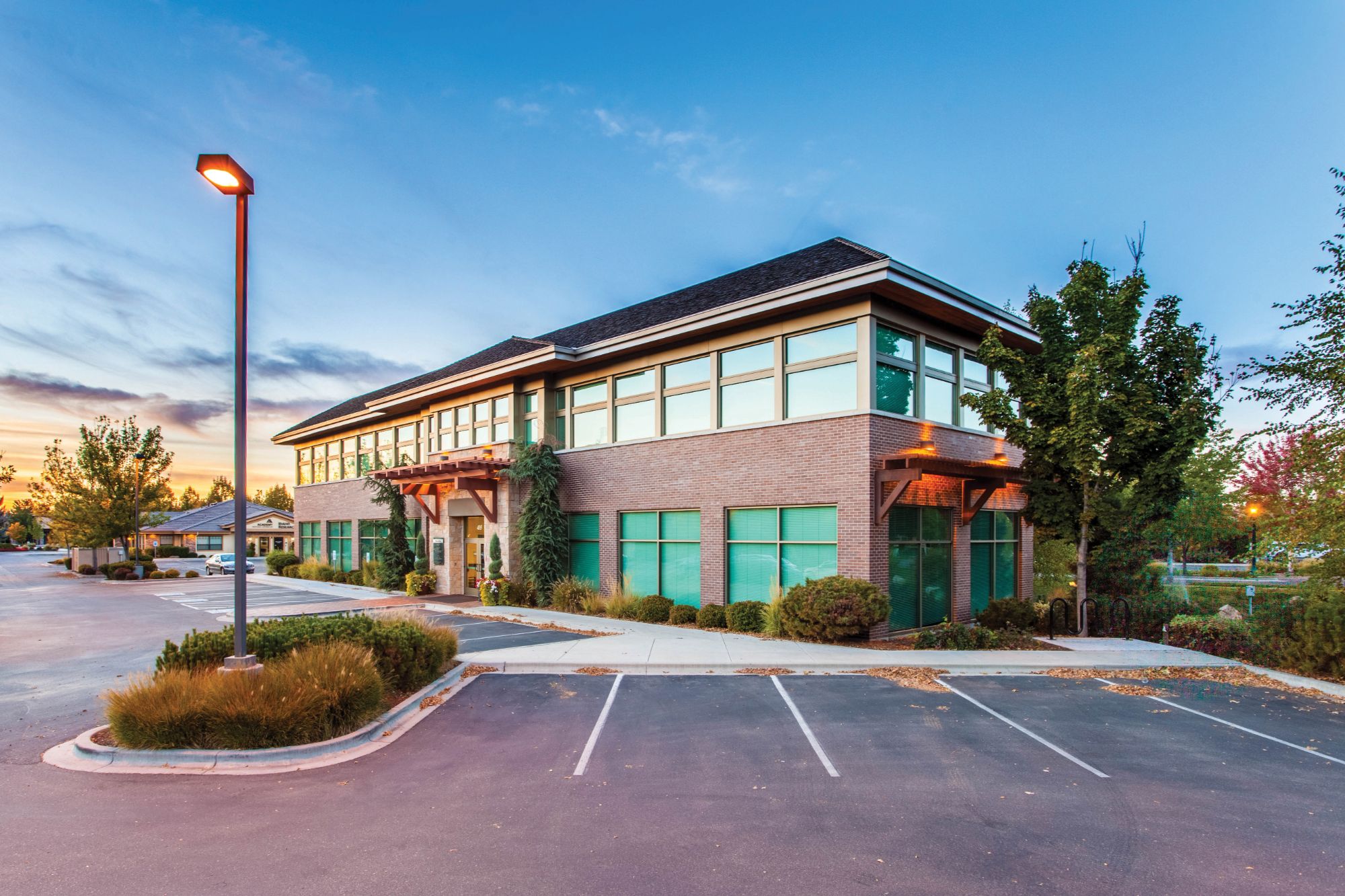
Selling a commercial property is a significant transaction that can bring in a lot of money, making it attractive to scammers and fraudsters. Therefore, before entering into any agreement, it is crucial to verify the buyer's legitimacy to avoid any potential loss or legal issues. In this blog post,
Read MoreModular Homes vs Mobile Homes: What's the Difference?
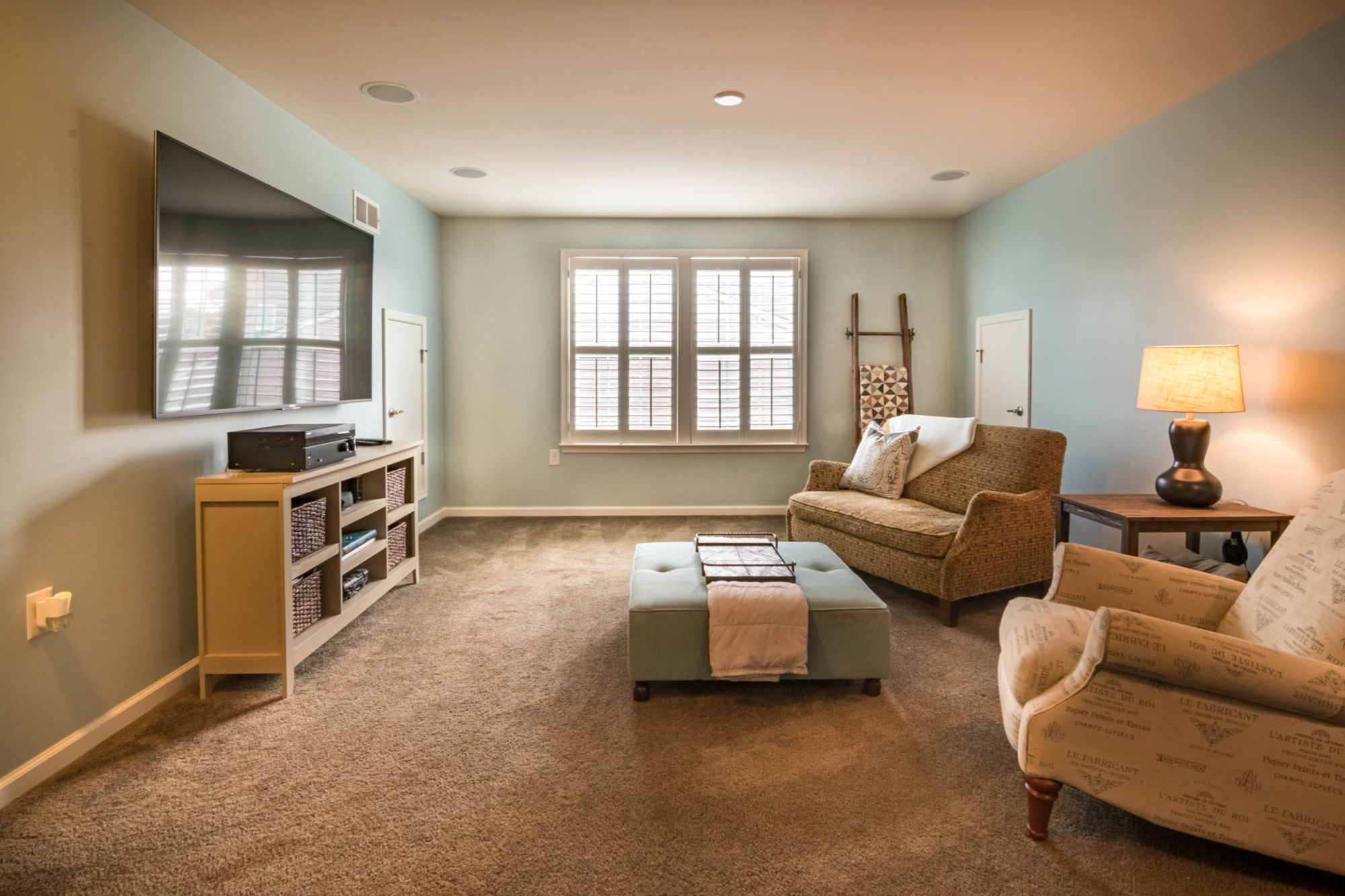
Choosing between modular homes and mobile homes can be overwhelming for many home buyers. They both have their advantages and disadvantages, making it difficult to determine which one is better for your needs. Modular homes are designed like traditional homes and are built in sections that are assem
Read MoreThe 5 Elements of Negotiation in Real Estate

When it comes to real estate, negotiation is an essential part of the buying and selling process. Negotiation skills can mean the difference between getting the best deal possible or settling for less. In this blog post, we'll delve into the five elements of negotiation and how they apply to real es
Read MoreKnoxville's Best Realtor: A Guide to Finding the Perfect Agent

Finding the best realtor can be challenging, especially in a competitive market like Knoxville. With countless agents claiming to be the best, it can be difficult to know who to trust. However, you don't have to navigate the real estate market alone. This guide will provide you with all the informat
Read More-

Selling your home can be a daunting process, but with the right preparation, it can be a smooth and easy transition. One of the most important aspects of getting your home ready to sell is ensuring it is visually appealing to potential buyers. Making simple updates and adding tasteful decor can not
Read More Understanding the Basics of Property Appraisal
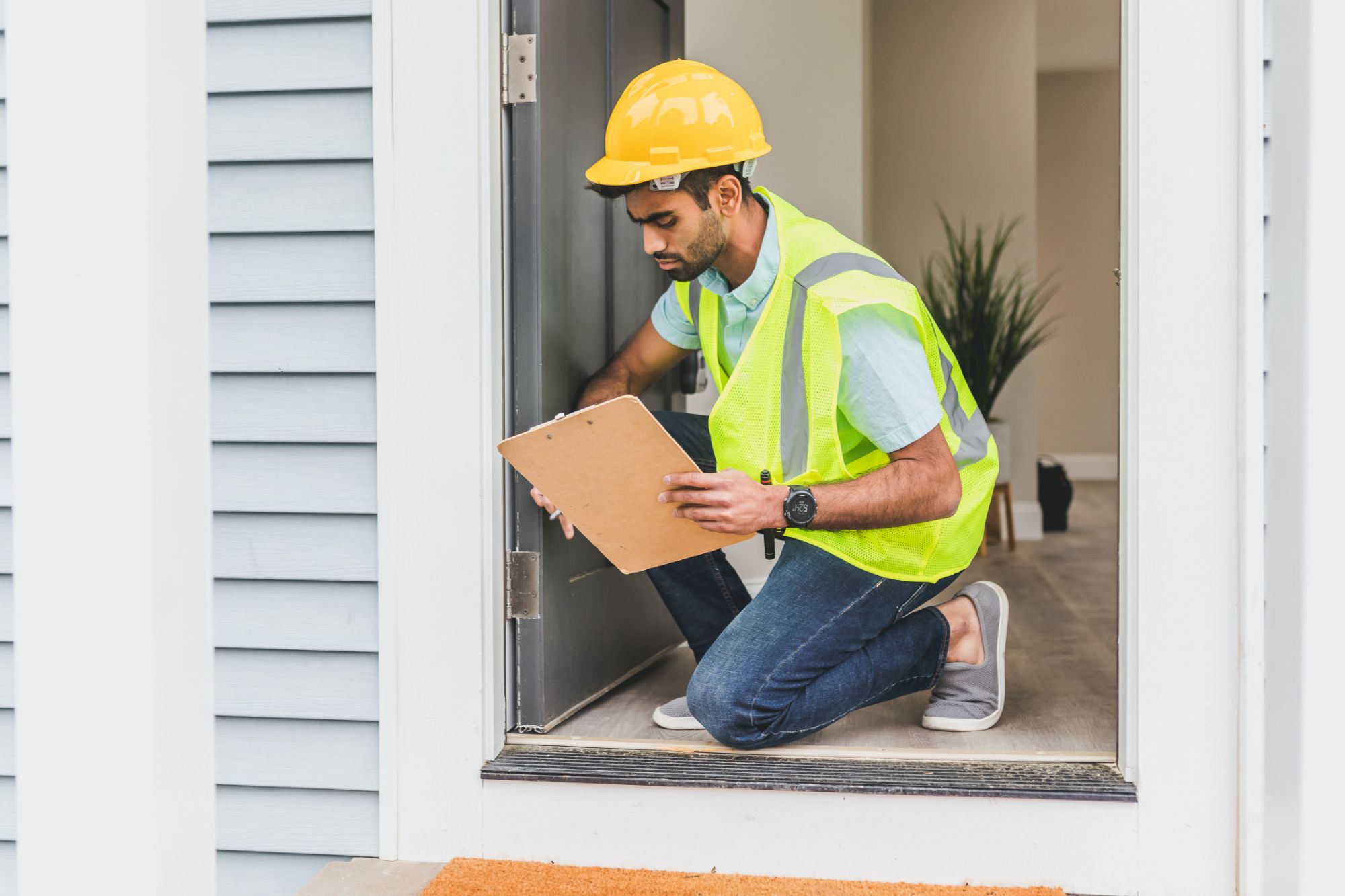
Buying or renting a property is one of the most significant investments one can make in their lifetime. As a homeowner, seller, or potential buyer, it is essential to make informed decisions. Informed decisions ensure that you invest your money at a fair market value. A property appraisal is a criti
Read MoreLiving in Strawberry Plains, TN

If you are looking for a small, welcoming community to call home, Strawberry Plains TN should be on the top of your list. Located in Jefferson County, East Tennessee, this town has a population of about 2,500 and boasts of a tranquil and refreshing environment. You can enjoy the slow pace of life wi
Read MoreCashing out Equity from your Property: Is it a Smart Idea?

As a homeowner, you might have some equity built up in your property, which is the difference between the current market value of your home and the outstanding balance on your mortgage. Cashing out equity from your property refers to taking out a loan against your home's value or selling a portion o
Read More
Categories
- All Blogs 1000
- Airbnb Realtor 13
- Barndominium 6
- Buying a home 57
- California Buyers 17
- Commercial Broker 2
- Commercial Property 33
- DR Horton Homes 5
- East Tennessee 59
- Experienced Realtor 40
- Experienced Tennessee Realtor 67
- For-Sale By Owner 24
- FSBO 17
- Gatlinburg 30
- Gatlinburg Cabins for Sale 2
- Gatlinburg Rental Homes for Sale 6
- How to pick a realtor 14
- Industrial Property 9
- Invesment Real Estate Gatlinburg 4
- Investment Property Realtor 27
- Knoxville 66
- Knoxville Jobs 1
- Knoxville Zillow Reviews 1
- Listing your home 30
- Mobile Homes 7
- Modular Homes 9
- Morristown 28
- Mortgage 3
- New build homes 24
- Price of Homes in Knoxville 10
- Realtor Blog Feed 3
- Reccomended Tennessee Realtor 48
- Refinancing 2
- Rental Property 7
- Retail Building sites 4
- Retail Land for Sale 3
- Selling a home 19
- Short-Term Rentals 2
- Smithbuilt Homes 2
- Strawberry Plains 1
- Tennessee 39
- Tennessee Lenders 3
- tract homes 1
- Vacant Commercial Land 4
- Warehouse for Sale 1
- Zillow Agent 1
Recent Posts






